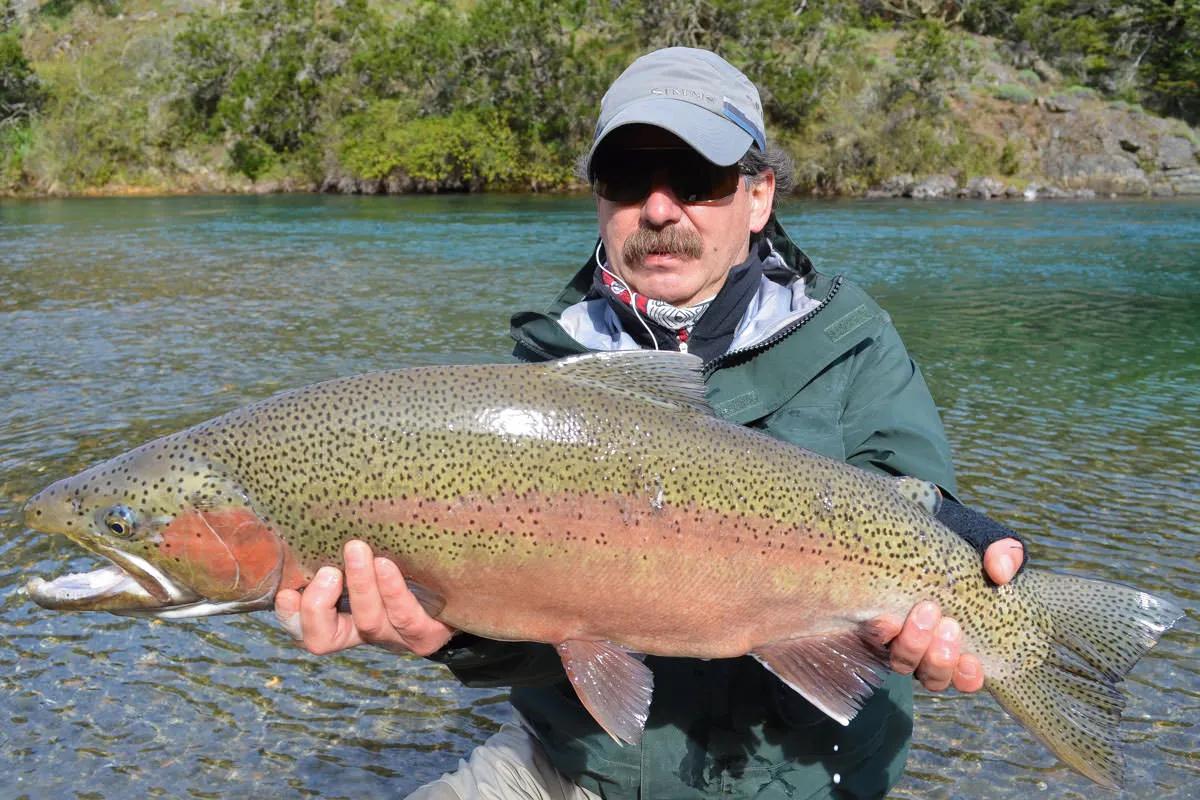As anglers, we have a deep connection to the natural world and a responsibility to protect it for future generations. Conservation in fishing goes beyond catching fish; it’s about maintaining the health of our waters and preserving fish populations for sustainable angling. In this blog post, we will explore essential practices and principles that every angler should adopt to ensure the long-term preservation of our aquatic ecosystems.
- Practice Catch and Release:
Catch and release is a cornerstone of responsible angling. Emphasize the importance of releasing fish unharmed back into their habitat, allowing them to spawn and contribute to the overall fish population. Discuss proper catch and release techniques, including using barbless hooks, minimizing handling time, and supporting fish during release. Encourage anglers to follow local regulations and consider voluntarily releasing larger, breeding-sized fish.
- Respect Bag and Size Limits:
Bag and size limits are established by fisheries management authorities to regulate fishing pressure and protect vulnerable fish populations. Educate anglers about the importance of adhering to these limits and explain how exceeding them can harm fish stocks. Emphasize the significance of understanding and following local regulations to ensure the sustainability of fish populations.
- Use Responsible Fishing Gear:
The choice of fishing gear can significantly impact fish populations and their habitats. Encourage anglers to use responsible fishing gear, such as non-toxic fishing weights, eco-friendly fishing lines, and biodegradable baits. Discuss the potential dangers of using lead weights and the benefits of switching to alternatives. Promote the use of circle hooks, which reduce deep hooking and increase the chances of safe catch and release.
- Respect Sensitive Spawning Areas:
Spawning grounds are crucial for the survival and replenishment of fish populations. Raise awareness about the importance of identifying and respecting sensitive spawning areas. Educate anglers on the signs of spawning activity and discuss the benefits of avoiding or carefully navigating these areas during critical periods. Emphasize the role anglers play in protecting fish nests, redds, and spawning habitat.
- Properly Dispose of Fishing Waste:
Fishing-related waste, such as discarded fishing lines, hooks, and plastic packaging, can have devastating effects on aquatic life. Encourage anglers to adopt responsible waste management practices by properly disposing of fishing waste in designated bins or recycling facilities. Promote the use of fishing line recycling programs to prevent entanglement and ingestion by marine and bird species.
- Participate in Conservation Initiatives:
Supporting conservation initiatives and organizations dedicated to protecting our waters and fish populations is crucial. Encourage anglers to get involved in local conservation efforts, such as stream cleanups, habitat restoration projects, and citizen science programs. Highlight the benefits of volunteering time, donating, or advocating for policies that promote sustainable fishing practices and protect aquatic ecosystems.
- Educate Others:
Knowledge sharing is vital for fostering a culture of conservation in fishing. Encourage anglers to educate fellow anglers, friends, and family members about the importance of conservation practices. Share information through social media, blogs, or community events, and encourage responsible angling techniques among beginners and experienced anglers alike.
Conservation in fishing is a shared responsibility that requires the collective efforts of anglers, fishing communities, and conservation organizations. By practicing catch and release, respecting bag and size limits, using responsible gear, and actively participating in conservation initiatives, we can ensure the long-term health and abundance of our waters and fish populations. Let us be stewards of our aquatic ecosystems, embracing sustainable angling practices and inspiring others to join us in protecting the natural treasures we cherish.

Comments are closed